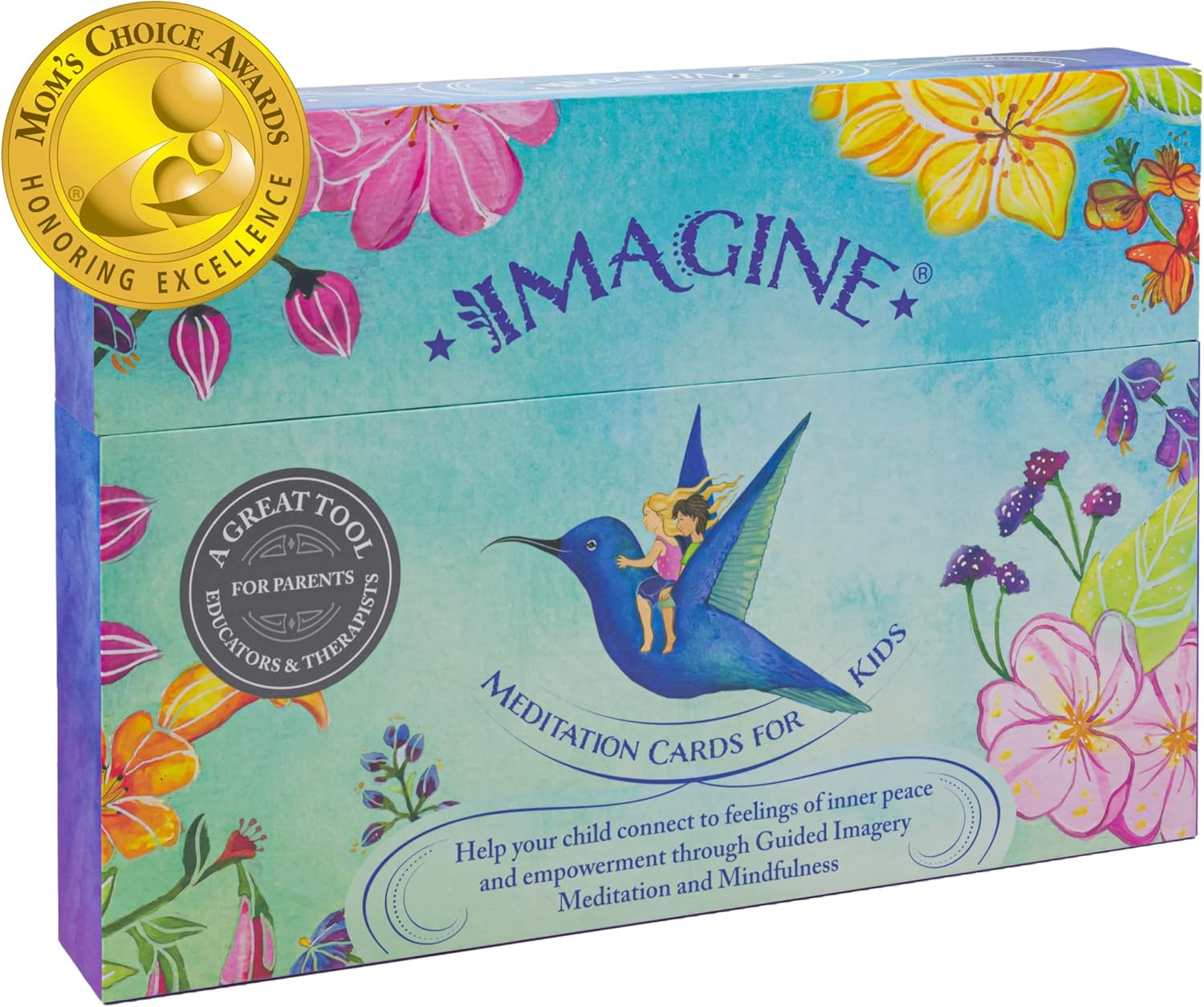As we grow older, many of us find ourselves seeking something deeper—an unshakeable inner peace, a sense of purpose, and a lasting connection to the world around us. For older women especially, this often includes a desire to explore or deepen spiritual wellness as part of a holistic approach to well-being.
Achieving spiritual wellness for holistic well-being means nurturing the spirit, just as we do the body, mind, and emotions. By cultivating spiritual health, we enhance our ability to live with resilience, clarity, and contentment, making it an invaluable aspect of overall wellness. This guide explores practical steps to achieve spiritual wellness, so you can feel more balanced and fulfilled in every area of your life.
Table of Contents
What is Spiritual Wellness?
At its core, spiritual wellness is the process of connecting with something greater than oneself, whether through faith, nature, or self-reflection. This connection helps to foster a sense of meaning, purpose, and inner peace. Unlike physical health, which we can often see and measure, spiritual wellness is an inward journey—one that nurtures the heart and mind as much as the soul.
Key Aspects of Spiritual Wellness:
- Connection to Self: Understanding your core beliefs, values, and purpose.
- Connection to Others: Fostering compassion, empathy, and a sense of community.
- Connection to a Higher Power: For some, this may mean faith in a religious sense; for others, it could mean connecting with nature or the universe.
Spiritual wellness is especially significant in later stages of life, as it invites reflection, peace, and a comforting sense of belonging to a larger whole. It supports holistic wellness by positively influencing emotional, physical, and intellectual well-being.
The Benefits of Achieving Spiritual Wellness for Holistic Well-Being
Spiritual wellness benefits multiple facets of our lives, particularly for those who are seeking holistic well-being. Here are a few of the key benefits:
1. Enhancing Emotional Resilience
- Spiritual practices often encourage a focus on gratitude, self-compassion, and acceptance, helping to buffer against stress and anxiety.
- Increased emotional resilience allows us to face life’s challenges with grace and balance.
2. Fostering a Positive Mindset
- Spirituality encourages us to shift focus from material concerns to values, meaning, and joy, fostering optimism and a positive outlook on life.
- This mindset shift promotes a greater appreciation of life and strengthens inner peace.
3. Strengthening Connections and Social Well-Being
- Spiritual practices often involve community-based activities, like group meditation or religious gatherings, which strengthen social bonds and provide a support network.
- Connections with others help reduce feelings of isolation and provide a sense of shared purpose.
Key Practices to Foster Spiritual Wellness
Building spiritual wellness doesn’t require drastic changes; rather, it’s about finding small, meaningful practices that align with your values and lifestyle. Here are some effective ways to nurture your spiritual side:
1. Meditation and Mindfulness
Meditation is a powerful tool for achieving spiritual wellness, as it cultivates self-awareness and a calm mind. Here’s how to get started:
- Find a Quiet Spot: Choose a space where you won’t be disturbed, and set aside a few minutes each day for meditation.
- Focus on Your Breath: Begin by simply focusing on your breath, observing the natural rhythm without trying to change it.
- Try Guided Meditations: Apps like Calm, Headspace, or Insight Timer offer beginner-friendly guided sessions to ease you into meditation.
Mindfulness, or focusing on the present moment, can also be incorporated into daily activities like walking, cooking, or even sipping tea, helping you cultivate a peaceful awareness in your day-to-day life.
2. Journaling for Spiritual Reflection
Writing down your thoughts, questions, and reflections can help you deepen your spiritual understanding. Try these journaling practices:
- Gratitude Journaling: Write down three things you’re grateful for each day to cultivate a positive mindset and appreciate the blessings in your life.
- Self-Reflection Prompts: Use prompts such as, “What brings me joy?” or “What values are most important to me?” to explore your inner self and spiritual beliefs.
- Daily Reflections: Spend a few minutes each night noting down what you learned, felt, or experienced, fostering self-awareness.

Hardcover Leather Journals (Paid Link)

Lined Spiral Journal Notebook (Paid Link)
3. Connecting with Nature
Nature has long been a source of spiritual inspiration, offering tranquility, beauty, and a sense of grounding. Here’s how to make the most of this connection:

- Take a Nature Walk: Simply being outdoors, breathing fresh air, and observing nature can be calming and uplifting.
- Practice Mindfulness in Nature: Observe the colors, sounds, and scents around you, immersing yourself fully in the moment.
- Garden or Grow Plants: Tending to plants can be a therapeutic and spiritually fulfilling practice, allowing you to nurture life.
4. Cultivating Gratitude and Positive Affirmations
Gratitude and affirmations are simple yet impactful ways to enhance spiritual wellness. Practicing these regularly helps to shift focus from negative to positive thoughts.
- Start a Gratitude Practice: Write or verbally express at least one thing you’re thankful for each day. This habit promotes positivity and awareness of life’s blessings.
- Use Affirmations: Create affirmations that resonate with your values, such as “I am at peace with myself,” or “I am open to life’s blessings.” Repeat them regularly to strengthen your self-belief and inner peace.
Integrating Spiritual Wellness into Daily Life
Maintaining spiritual wellness isn’t about adding more to your to-do list but weaving mindful practices into your existing routine. Here are ways to incorporate spiritual wellness in simple, effective ways:
1. Create a Sacred Space at Home
Designating a quiet corner or area as your “sacred space” can help anchor your spiritual practice. Here’s how to set it up:
- Choose a Peaceful Spot: Find a small area where you feel comfortable and calm.
- Add Personal Touches: Decorate with candles, incense, plants, or items that hold meaning for you.
- Use This Space for Reflection: Spend a few minutes here each day to meditate, journal, or practice gratitude.

2. Establish a Routine for Spiritual Growth
Consistency is key to deepening spiritual wellness. Develop routines that fit naturally into your life and encourage regular practice:
- Morning Reflection: Start the day with a few minutes of meditation or gratitude journaling.
- Evening Wind-Down: Before bed, reflect on what went well, what you’re thankful for, and what you look forward to.
- Weekly Nature Time: Set aside a time each week to connect with nature, helping you recharge and reflect.
Addressing Common Challenges in Spiritual Wellness
Spiritual growth can feel challenging, especially if it’s a new practice or if you’re navigating self-doubt. Here are some ways to overcome common obstacles:
1. Overcoming Skepticism and Self-Doubt
- Keep an Open Mind: Spirituality doesn’t require specific beliefs. Approach it with openness and curiosity.
- Focus on What Resonates: Try different practices, and keep those that feel right. Your spiritual journey is unique to you.
2. Finding Motivation and Consistency
- Set Small Goals: Start with five minutes of meditation, a single journal entry, or a weekly nature walk. Small steps are sustainable and build momentum.
- Join a Community: Look for local or online groups that support spiritual exploration and practice. Sharing the journey with others can strengthen your commitment.
Final Thoughts on Achieving Spiritual Wellness
Achieving spiritual wellness for holistic well-being is a journey of self-discovery, growth, and inner peace. Through small, meaningful practices like meditation, gratitude, nature connection, and reflection, you can cultivate a sense of fulfillment and balance that enriches every aspect of life. Holistic wellness is achievable and necessary for a joyful, healthy life, especially as we embrace the beauty of our later years.
So why not take the first step today? Begin with one practice that resonates with you, and let it guide you toward a deeper, more spiritual connection with yourself and the world around you. This journey toward spiritual wellness is a gift you give to yourself—and it’s one that will keep giving in ways you never imagined.



